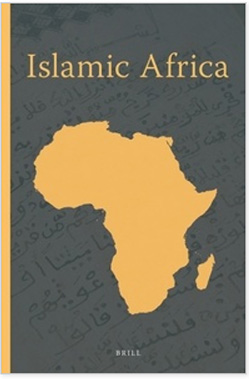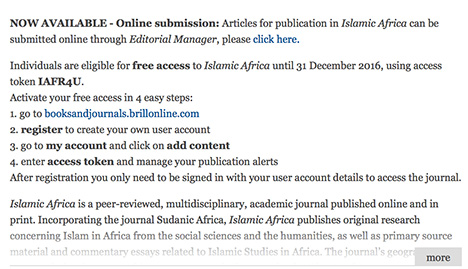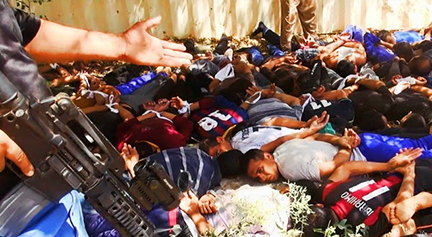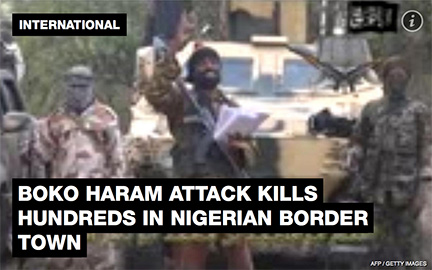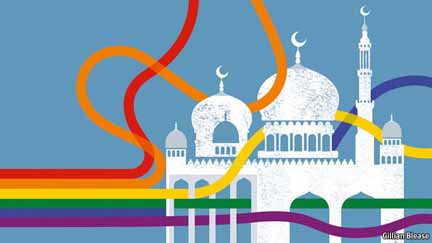
by Hasan Azad, al-Jazeera, July 11, 2014
What do the Islamic State, Boko Haram and the Taliban all have in common? Extremism? Caliphatism? Violence? All these things are merely incidental to these groups. What is essential to them is that they are all thoroughly modern formations. So what do I mean by this, given that they tend to strike us as the very antithesis of modernity?
First of all, it is crucial to ask ourselves what it is that we understand by modernity. We assume that modernity means reason, science, freedom, justice, racial, gender, and sexual equality. These are the assumptions. They are the ideals that are projected by a strident western discourse, where the West is seen as their progenitor and purveyor.
Perhaps it will strike the reader as a little odd if I say that these ideals are far from being realised within the West. That there are massive inequalities of sexualities, of genders and of races in the West. That western freedom, whether political, economic or consumerist, comes at the expense of the freedom of people living in non-western countries.
And this lack of freedom runs far and deep, reaching into the history of how non-European people were made to think during colonial times. For example, any serious study of the history of colonialism and its educational projects in its colonies reveals the extent to which Europe reconfigured indigenous modes of knowing with its own mode of thinking – a manner of thinking which has its roots in the Enlightenment, with its own idiosyncratic means of reasoning. Continue reading Modernity according to the Islamic State, Boko Haram, the Taliban et al →
